LONG: Expected lifespan of a new condensing boiler?
kaismom
11 years ago
Related Stories
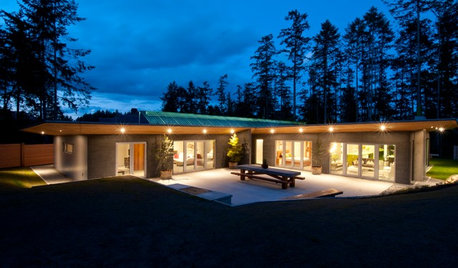
GREEN BUILDINGHouzz Tour: See a Concrete House With a $0 Energy Bill
Passive House principles and universal design elements result in a home that’ll work efficiently for the long haul
Full Story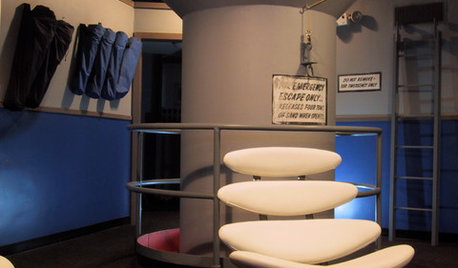
FUN HOUZZTaking Cover in a Former Nuclear Missile Silo
A Cold War relic is now a modern home, thanks to an Australian architect with a flair for the unusual
Full StoryGREEN BUILDING11 Reasons to Live in a House of Straw
Don’t be fooled by the old folk tale. Straw bales are a strong, functional and good-looking building material
Full Story
HEALTHY HOMEWhat You Need to Know About Dust and How to Fight It
Breathe easier with these 10 tips for busting mites, dander and other microscopic undesirables
Full Story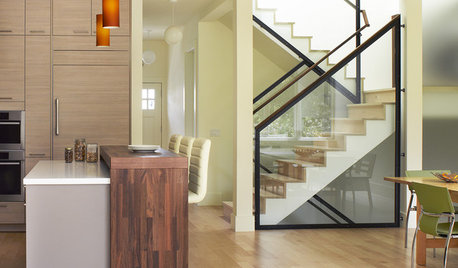
FLOORSIs Radiant Heating or Cooling Right for You?
Questions to ask before you go for one of these temperature systems in your floors or walls (yes, walls)
Full Story
GREAT HOME PROJECTSHow to Switch to a Tankless Water Heater
New project for a new year: Swap your conventional heater for an energy-saving model — and don’t be fooled by misinformation
Full Story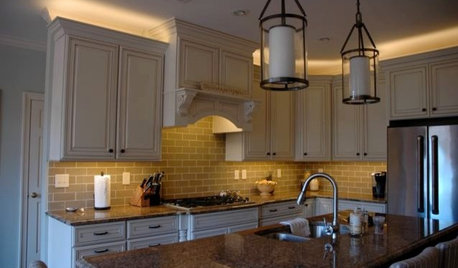
LIGHTINGThe Lowdown on High-Efficiency LED Lighting
Learn about LED tapes, ropes, pucks and more to create a flexible and energy-efficient lighting design that looks great
Full Story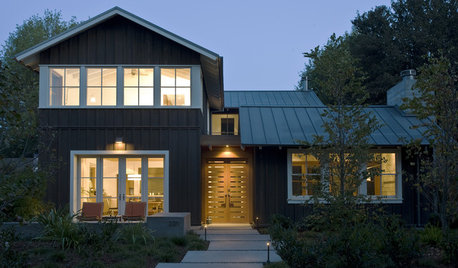
LIGHTINGHow to Choose the Right Solar Lights
Learn about different types of outdoor solar lights, where to use them and why you might want to avoid the bargain bin
Full Story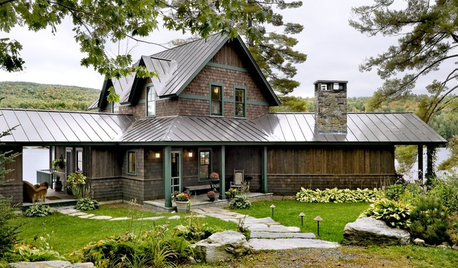
REMODELING GUIDESMaterials: The Advantages of a Metal Roof
Metal reigns in roofing style, maintenance and energy efficiency
Full Story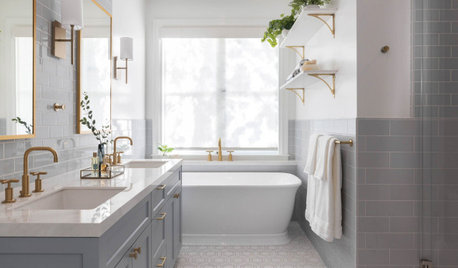
FLOORSWhat to Ask When Considering Heated Floors
These questions can help you decide if radiant floor heating is right for you — and what your options are
Full StoryMore Discussions






juliekcmo
doug_gb
Related Professionals
Bellflower Solar Energy Systems · Brentwood Los Angeles Solar Energy Systems · Melville Solar Energy Systems · Castle Rock Home Automation & Home Media · Champlin Home Automation & Home Media · Columbia Home Automation & Home Media · Glendale Home Automation & Home Media · Leesburg Home Automation & Home Media · Pittsburgh Home Automation & Home Media · Pittsburgh Home Automation & Home Media · Valle Vista Home Automation & Home Media · West Chester Home Automation & Home Media · Weston Home Automation & Home Media · Burlingame Electricians · Elkridge Fireplacesfsq4cw
kaismomOriginal Author
fsq4cw